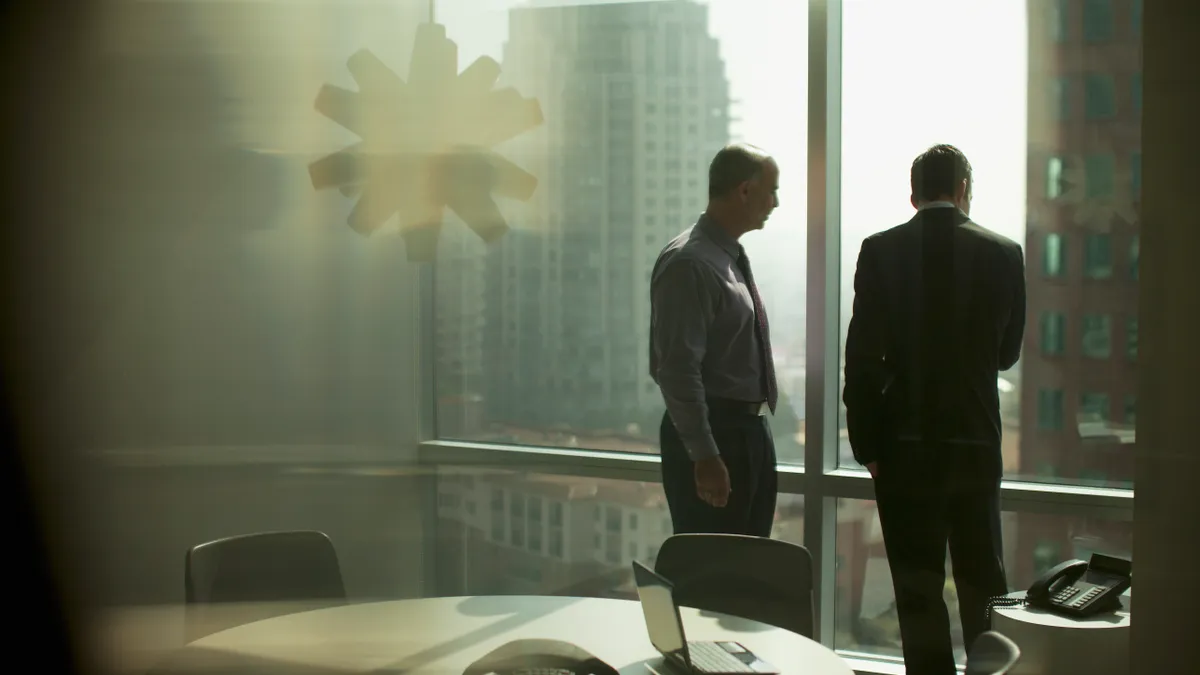New CFO Stephane Berthier has his sights set on two or three years down the road as he builds out the systems, processes and people that will carry AI technology company Uniphore to an IPO and beyond.
Berthier, who spent 20 years as a PricewaterhouseCoopers (PwC) partner, has learned CFOs operate best when what they do is about what the company will look like a handful of years into the future, not what it looks like today.
By the time you get what you need today, it’s too late,” Berthier said last week in a CFO Thought Leader podcast. “That’s true for everything you do, whether it’s building your systems or your processes. You always need to think about what you need next, and then bring the people who will get you there.”
Berthier's new role at Uniphore, which uses artificial intelligence to help companies improve voice interactions with customers, has given him an opportunity to put his philosophy into practice. The company is shifting some of its operations from India, where it was founded, to Silicon Valley, where Berthier has been based for most of his PwC career. He’s selecting people to fill out the company’s finance function based on what the company will need when it goes public, two or three years from now, and then once it’s operating as a public company. “That’s actually very difficult to find,” he said. “Getting the right people for what I’m going to need two years from now.” The same goes for the new systems and processes he’s putting in. The company, he said, is growing 300% year-over-year, so whatever he puts in today has to be able to scale at that pace. “Companies that don't have the right systems can struggle,” he said. Based on his consulting work with hundreds of technology companies during the dot-com boom in the early 2000s, he’s learned that companies run into trouble when they fail to adapt to market changes, so he sees his role as preventing that from happening. That means selecting systems to generate metrics that arm him with insights that can anticipate trouble. “Everything I do is about being ready for whatever comes,” he said. “I never want to say, 'I should have thought about that.' That’s what keeps me up at night.” The move from on-premises to cloud-based software is a case in point; he saw many companies stumble when the market shifted. “When they tried [to pivot] the technology was not right," he said. "Then, they start competing with companies that have built an infrastructure to be cloud only.” Companies also stumble when they lose focus on their core market, maybe through acquisitions that distract them from their strengths. “Competitors [start to] outpace you on your core business,” he said. “You’re burning resources, and then you fail because the competition doesn’t wait for you.” Bad internal culture leads to failure, too, he said. He’s seen it at companies where executives work in silos and take a “that’s your problem, not my problem” attitude. He doesn’t think he’ll have that issue at Uniphore. Over his PwC career, many companies he advised asked him to join them, he said, but he turned them down because he enjoyed the client-service aspect to his work. He finally changed his mind and joined Uniphore because of his strong relationship with the CEO, Umesh Sachdev, who co-founded the company in 2008. “It was a matter of finding the right company, the right people, at the right stage,” he said. “And it had a great CEO, a real partner.”Building opportunity
Market changes
Cultural fit














